Poltava (PDT) Resin Bonded CBN Stone
- Brand:Poltava Diamond Tools (Made in Ukraine)
- Product Code:CBN
- Availability:In Stock
-
From: $66.00
Available Options
Tags: Hapstone, CBN Stones
Description
CBN stone on an organic phenol-formaldehyde bond BN-130 with 100% concentration and CBN powder grade (cubic boron nitride, elbor).
Monolayer stone on the Hapstone sharpener blank. CBN stones are the most productive and effective among abrasive stones. High performance and efficiency is achieved by using 100% concentration.
What is the difference between elbor stones and diamond stones? And why is elbor(CBN) better/more expensive?
The fact is that elbor, unlike diamond, works much softer and does not leave such deep "scratches" on the LCD during operation. This is possible due to differences in crystal shapes. In diamond, the crystal structure is tetrahedral (fewer cutting edges + sharper angles of the cutting edges of the crystal - hence the so undesirable "aggressiveness" of diamond), and in elbor, the crystal structure is octahedral (more cutting edges + less sharp angles - hence greater productivity and softness of work).
Characteristics:
- Purpose: For all types of work, from rough sharpening to polishing;
- Abrasive: Elbor (CBN)
- Bond: BN-130 (edge-resistant)
- Diamond concentration: 100 %;
- Size of the "working" surface: 150 x 25 mm;
- Layer thickness: 3 mm;
- Size of the bar with the form: 160 x 25 x 6 mm;
- Form: aluminum;
- Chamfer: made;
- Ready for use: ready;
- Engraving on the form: official engraving of the Poltava Diamond Plant;
- Packaging: branded blister, passport;
- Coolant: oleic acid, oil or WD-40.
Hapstone is the official representative of PDT - you can be sure that you are buying original PDT products!

Features:
The Expert series stones are brought to a uniform thickness within 3.0-3.1 mm and chamfered. Elbor stones do not need to be prepared before use, the bar is immediately ready for use.
Care:
The stone is intended for manual sharpening of knives, razor blades, chisels, etc. The stone is restored by salting with pumice or silicon carbide powder on a flat surface.

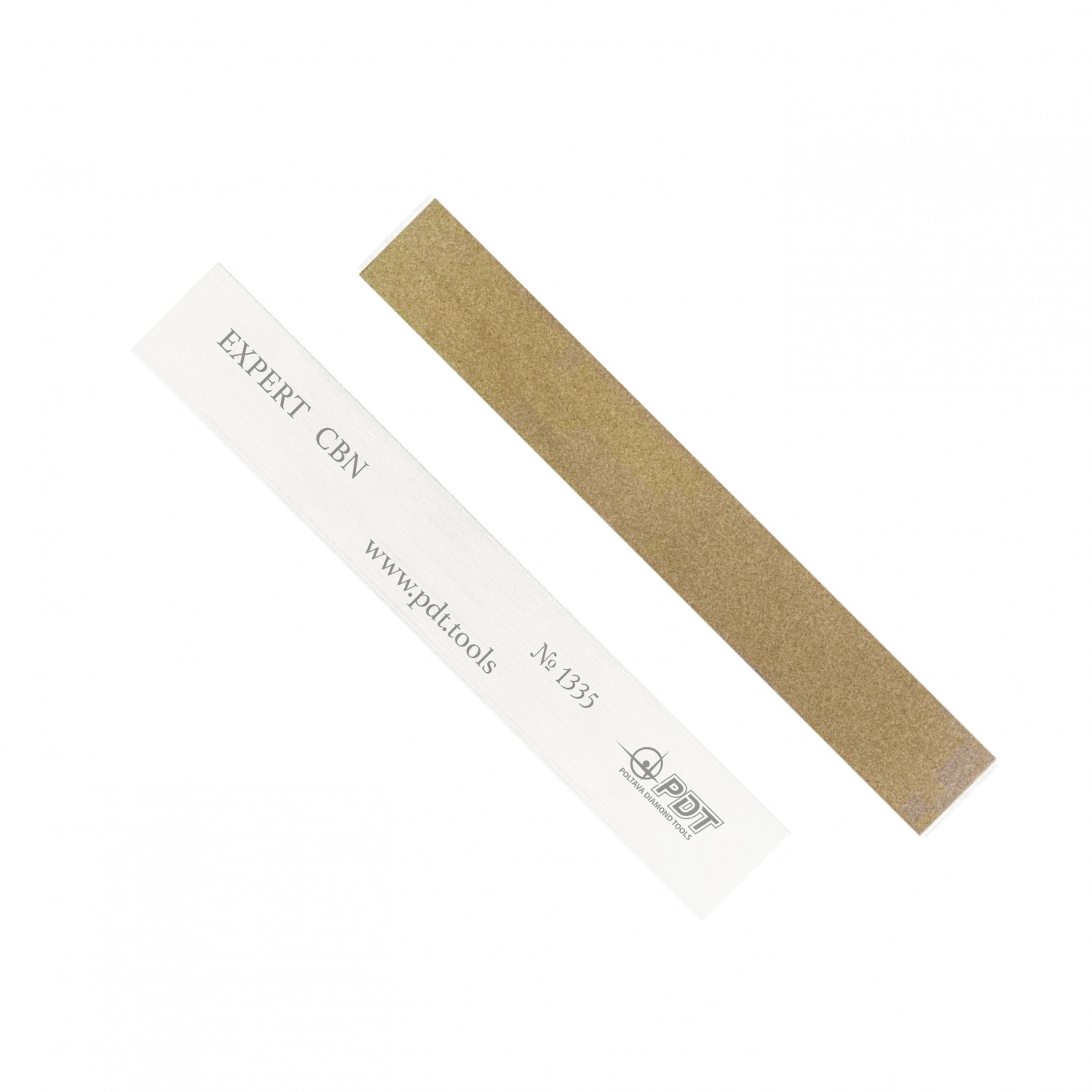


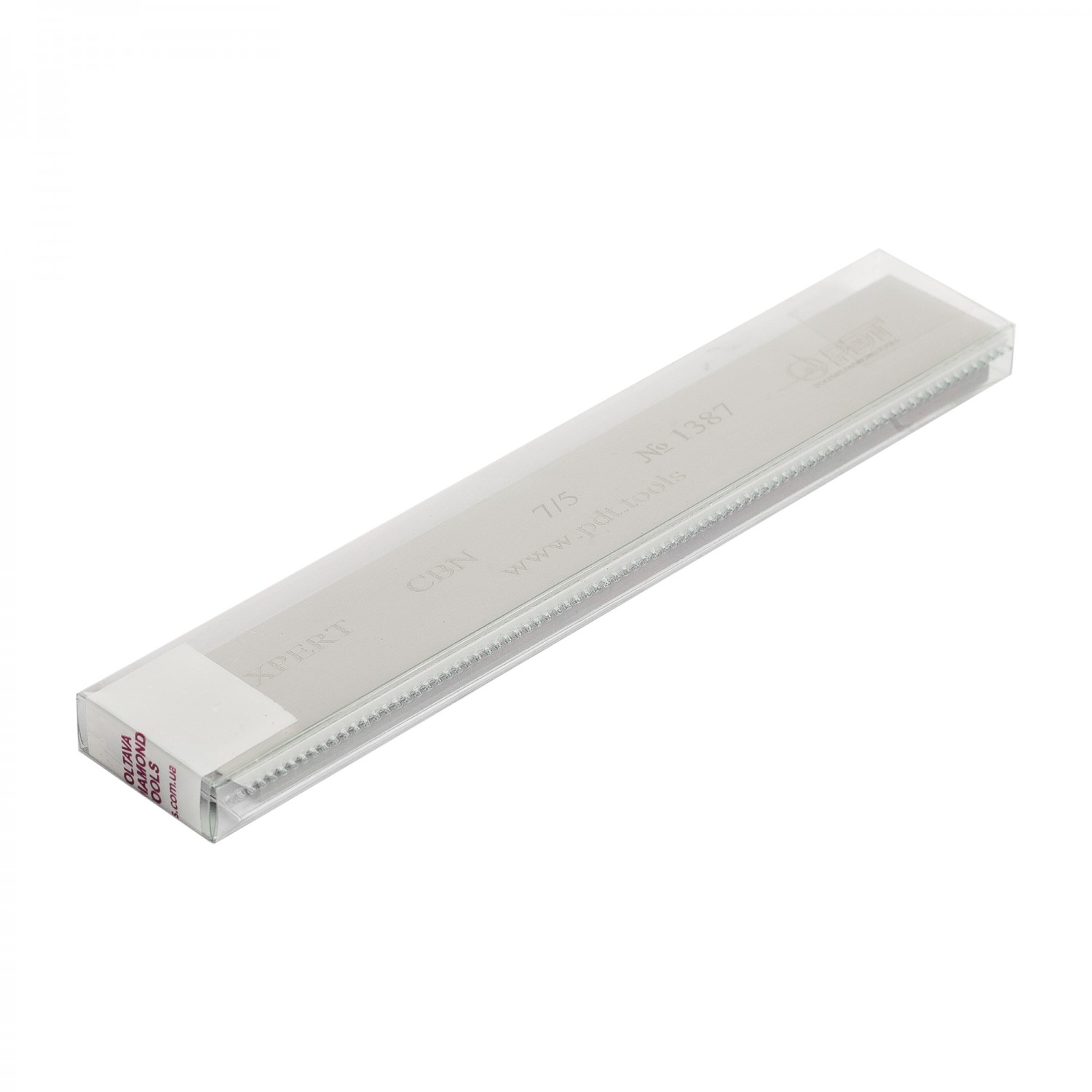
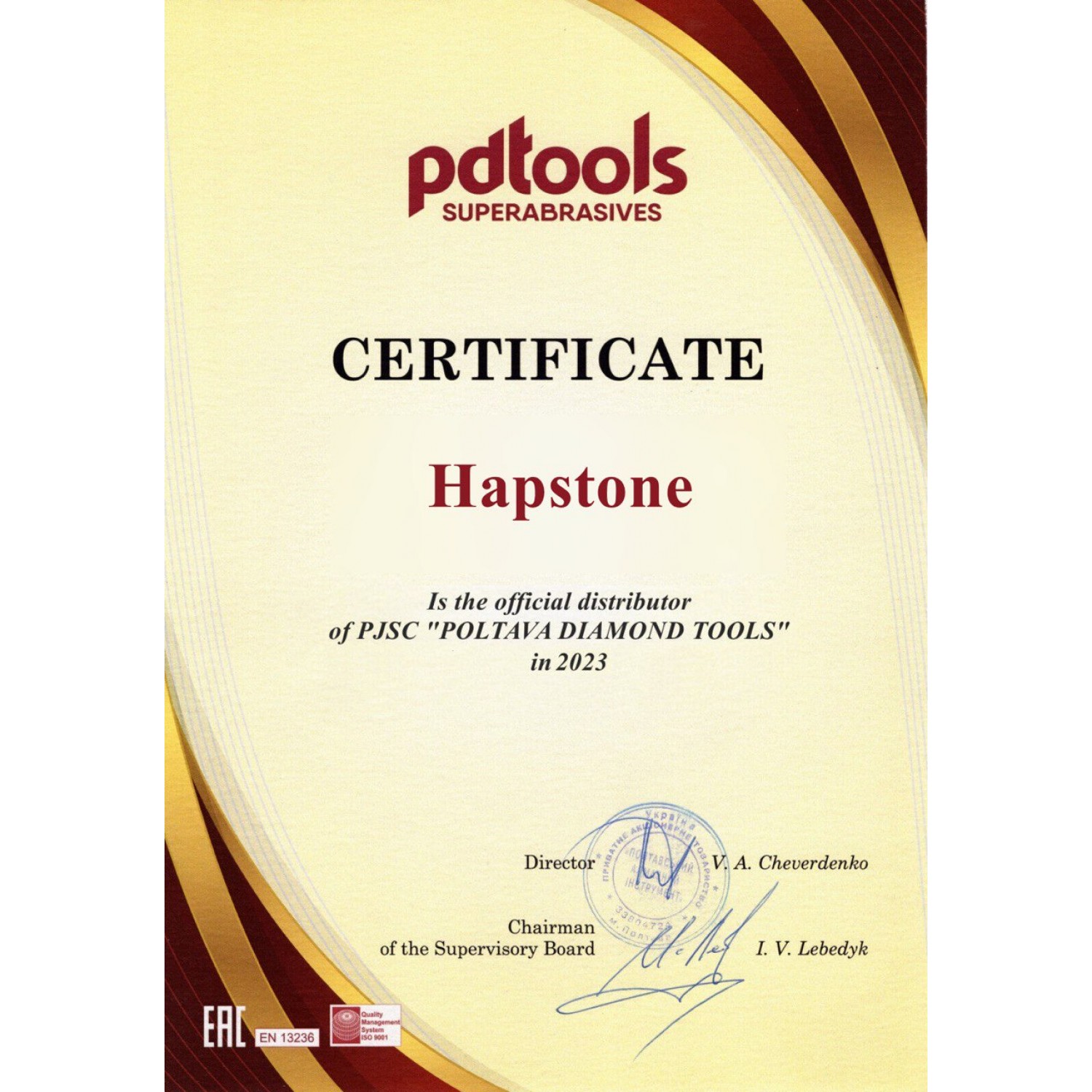
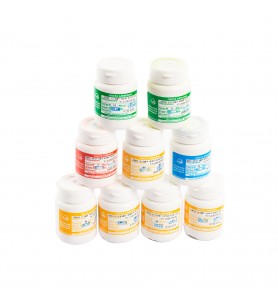
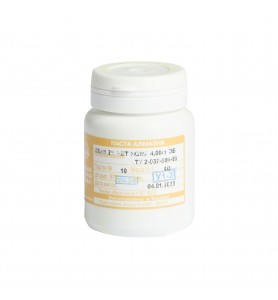
/Gunny%20Magic%20%20Lube%20(15ml-278x300.jpg)
/Gunny%20Magic%20%20Lube%202(15ml-278x300.jpg)
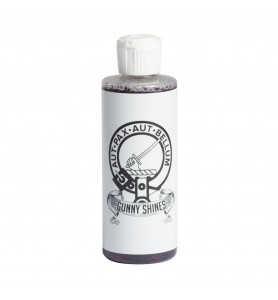
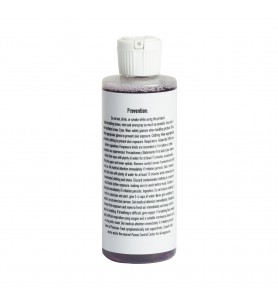
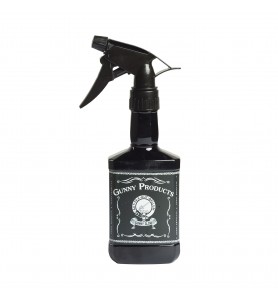
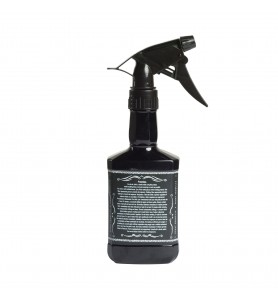
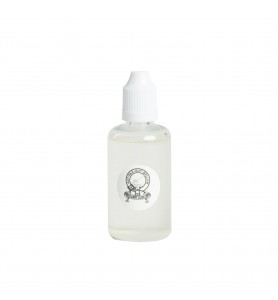
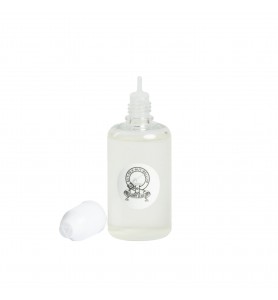
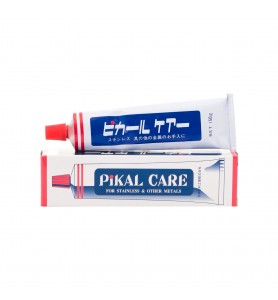
/Слидес%203%20-278x300.jpg)
/Слидес-278x300.jpg)